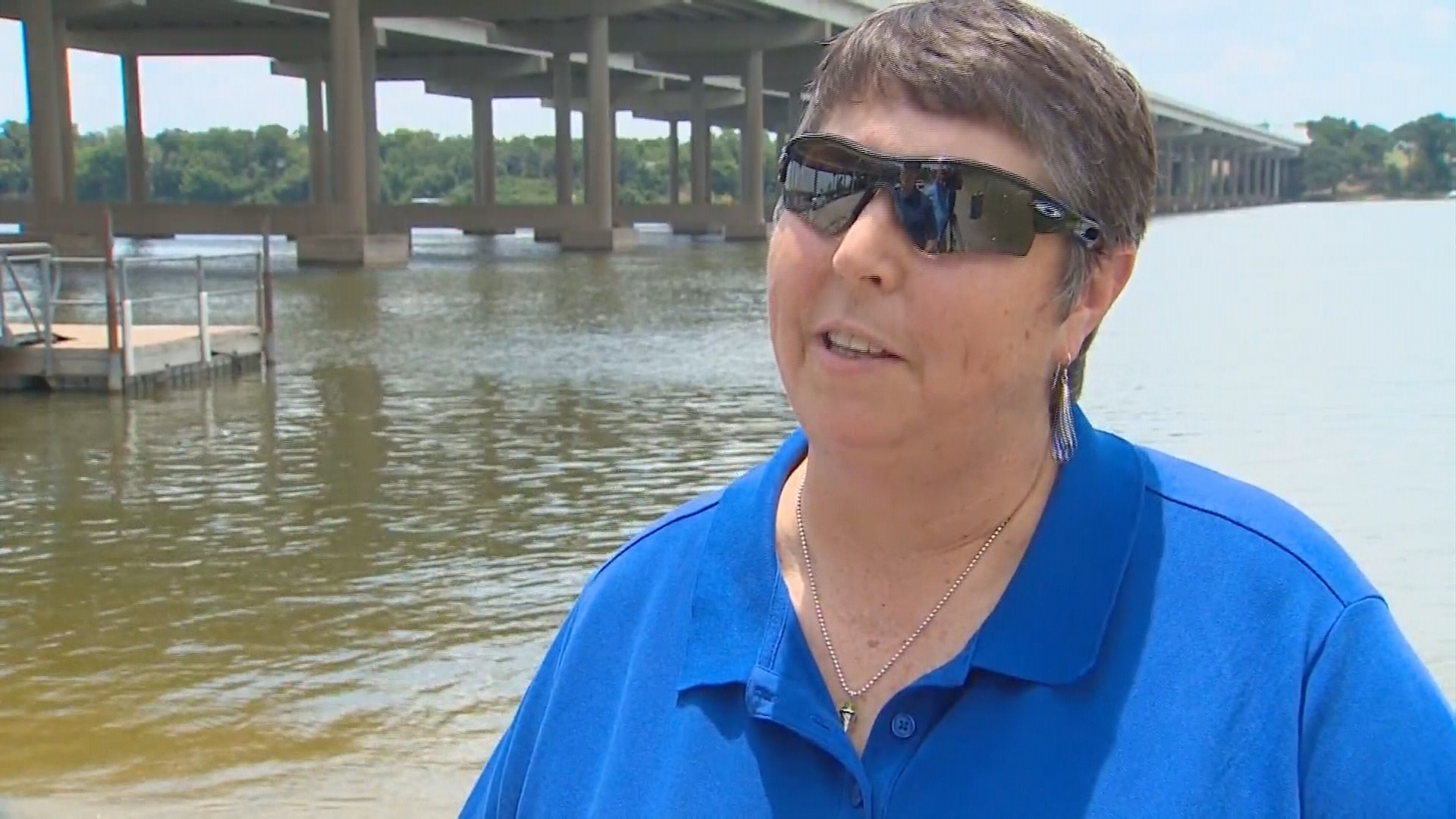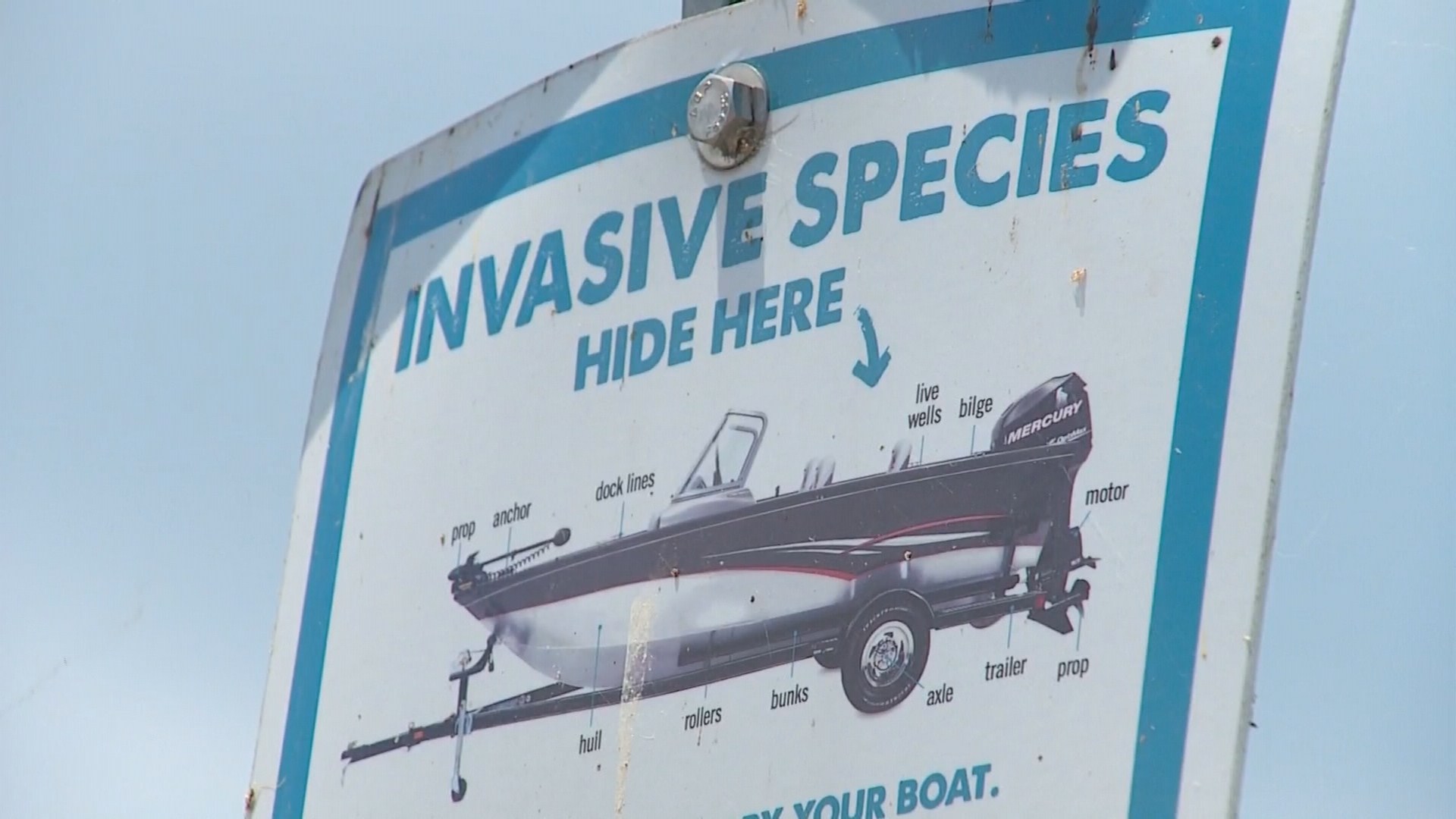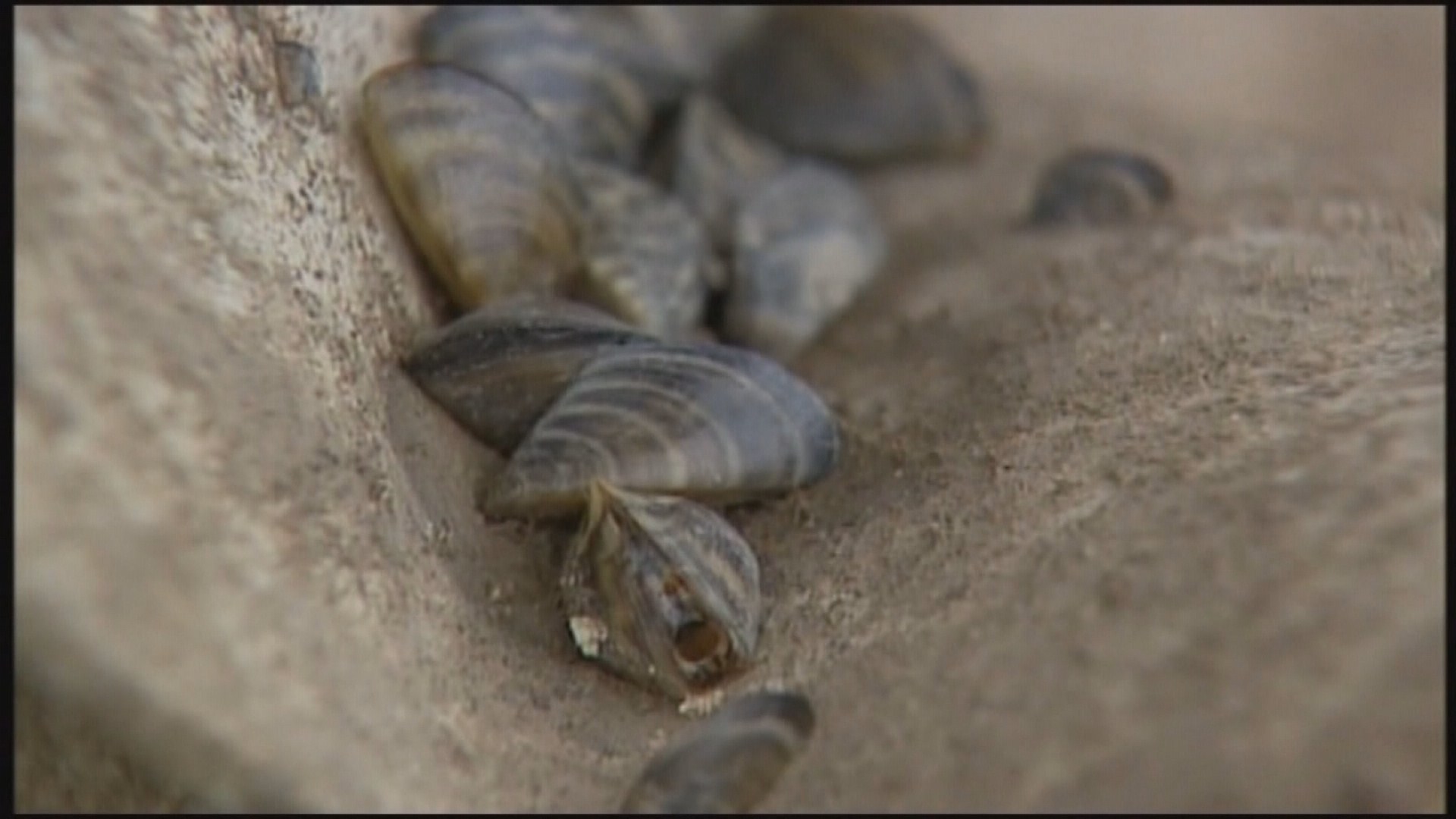FORT WORTH, Texas -- The Fort Worth Water Department got very bad news this week with the discovery of zebra mussels in Eagle Mountain Lake and Lake Worth.
Now, the department must scramble to deal with them.
“We knew they were coming. Didn’t think it would be this quick,” said water department spokeswoman Mary Gugliuzza.

Officials knew the mussels were coming because they’ve been in Lake Bridgeport, which feeds Eagle Mountain, which feeds Lake Worth.
Lake Worth feeds the treatment plant that provides drinking water. Zebra mussels will clog intakes, if they’re not stopped.
“They attach to walls and start growing on each other,” Gugliuzza said.
The offspring from just one mussel can create half-a-billion more.
Gugliuzza says the invaders were found on the buoy line by the Lake Worth spillway, close to the intakes. Officials also found them at the Nature Center and Arrow S boat ramp beneath loop 820.
It’s not clear if they washed down from Bridgeport, or stowed away on boats that weren’t properly drained.

“I’ve heard of them. Never seen or had problems with them,” said Si Paquette as he put in a small motor boat on Lake Worth.
He says he always drains his boats, which is good. It’s state law and an effort to at least slow the invasion.
Game wardens spot-check boaters. A violation can cost $500. Multiple violations can cost up to $2,000.
Zebra mussels also threaten fish and other wildlife by creating conditions for algae blooms.
The water department will likely send divers to check out intakes later this year, and speed up plans to inject chlorine and ammonia into the pipes.
It won’t get rid of zebra mussels, but Mary Gugliuzza says it should protect the treatment plant.


